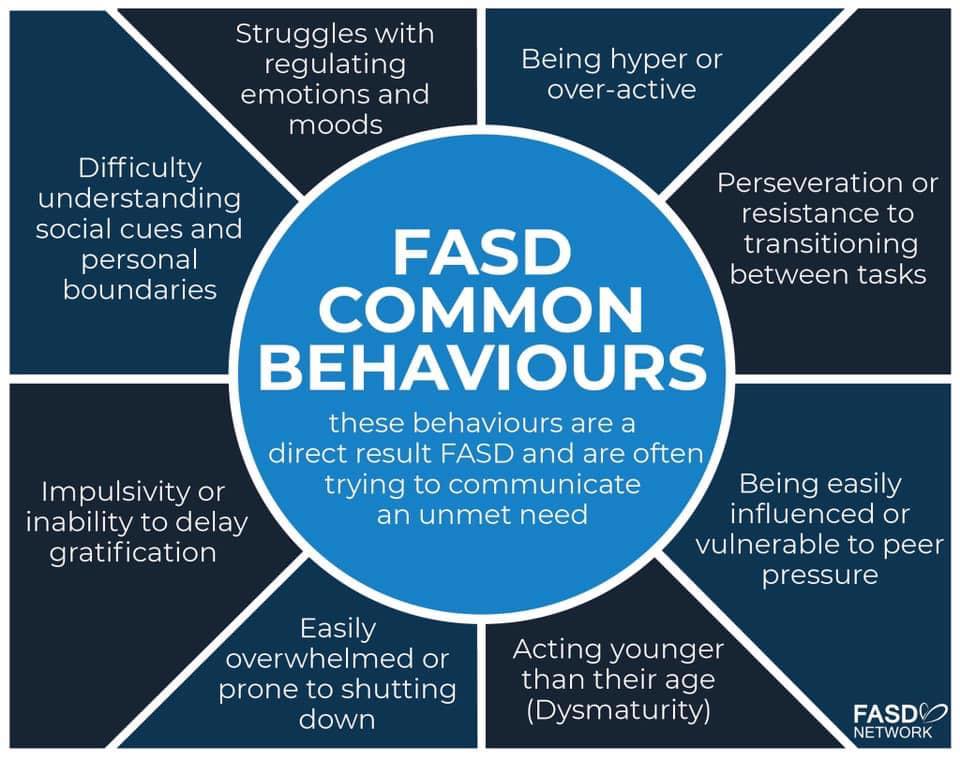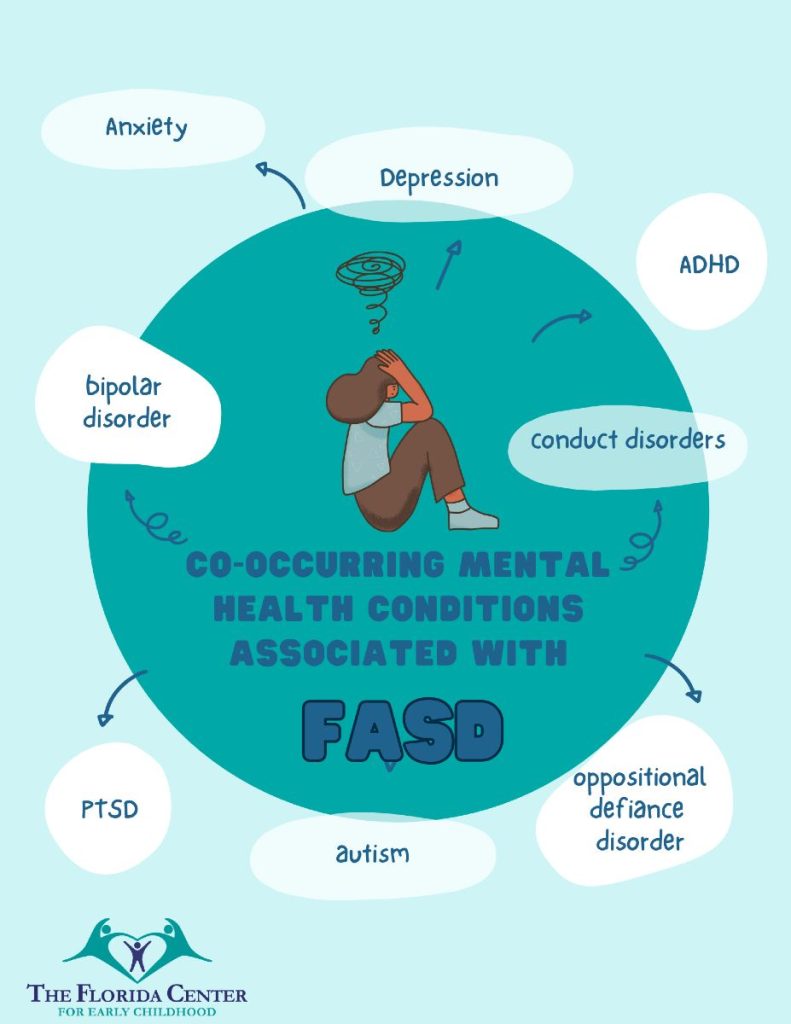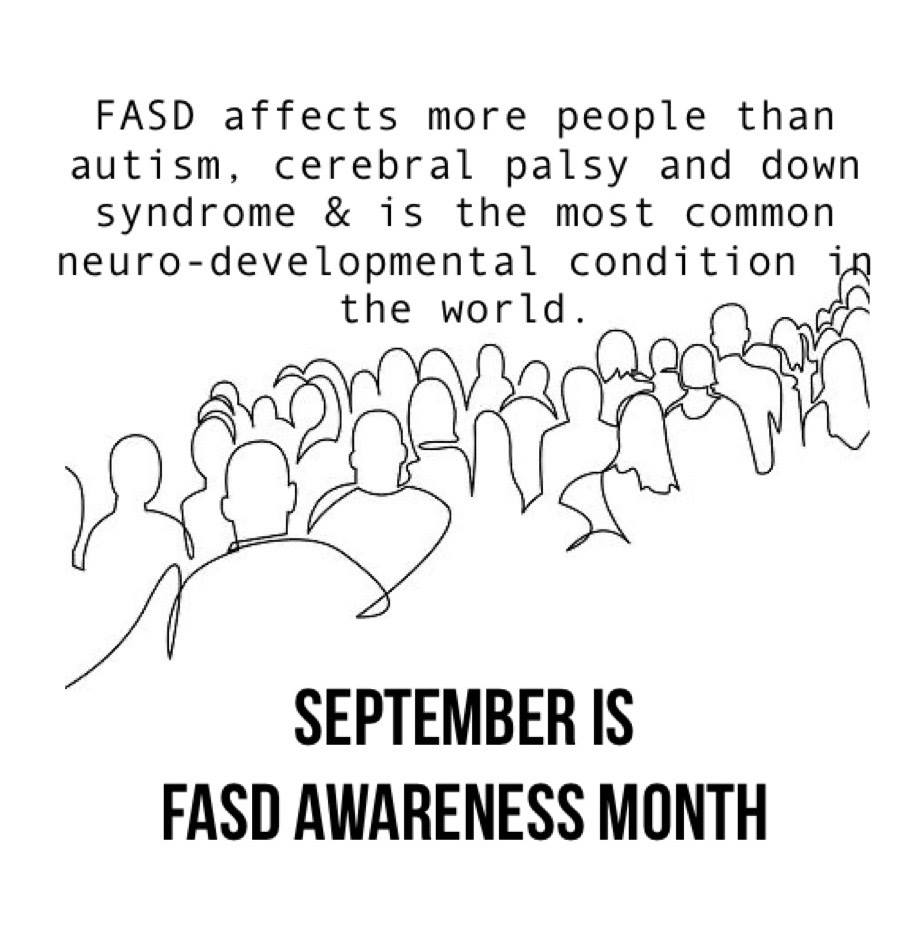In the United States during the 1980s, the phrase “crack babies” took hold in the public imagination. It referred to children born to mothers who used crack cocaine during pregnancy. Media and policymakers painted a grim picture, suggesting that these children would suffer permanent brain damage, uncontrollable behaviour, and lifelong disabilities. The label quickly became a stigma, attached especially to poor Black communities, and it influenced social policy, public opinion, and how institutions treated children.
Later research, however, revealed that the “crack baby” scare was largely overstated. While prenatal cocaine exposure can lead to lower birth weight, subtle developmental delays, and behavioural challenges, the catastrophic outcomes predicted by early reports were rarely seen. In fact, other factors — poverty, lack of prenatal care, poor nutrition, and unstable home environments — often had more significant impact than the drug itself.
What is rarely acknowledged in these narratives is that other, more socially accepted substances — especially cigarettes and alcohol — have profound and well-documented effects on unborn children. Here, Guyana offers a useful case point.
September is International Foetal Alcohol Spectrum Disorder (FASD) Awareness Month
Cigarette Use in Pregnancy
Cigarette smoking during pregnancy reduces the oxygen supply to the foetus. The results are clear: low birth weight, premature birth, and greater vulnerability to respiratory illnesses like asthma and bronchitis. There is also an increased risk of sudden infant death syndrome (SIDS) and subtle neurodevelopmental issues that can affect attention and behaviour.
In Guyana, where respiratory challenges are already present in some mining and rural communities, prenatal tobacco exposure can compound lifelong respiratory and developmental risks.

Alcohol Use in Pregnancy
Alcohol use is widely normalised socially in many parts of Guyana. When alcohol is consumed during pregnancy it can cause Foetal Alcohol Spectrum Disorders (FASD) — an umbrella term covering a range of physical, behavioural and cognitive impairments that are permanent. Children with FASD may show growth deficiencies, facial differences, structural brain changes and lifelong learning and behavioural challenges. Regional public-health guidance emphasises that FASD is preventable and that alcohol is among the most damaging prenatal exposures.
Because FASD is often under-recognised and under-diagnosed, children in Guyana who present as “slow learners” or with behavioural difficulties may never receive assessments or services that identify prenatal alcohol exposure as a root cause. That risk of under-diagnosis contributes to intergenerational cycles of poor education and social outcomes.
Rethinking the Narrative
The “crack baby” label in the US shows how stigma and sensational media narratives shape public perception. In reality, alcohol and tobacco—both legal and socially accepted—can do as much or more damage to unborn children, particularly where antenatal care, social supports and diagnostic services are limited. For Guyana, the response needs to combine clinical screening, community education, and stronger maternal/child health services.

🔗 Note: This article is the first in an ongoing Gtmemoirs series on children born under substance exposure in Guyana.
Sources
-
Pan American Health Organization (PAHO) — Fetal Alcohol Spectrum Disorders (FASD) factsheet.
-
Lange S., et al. — Global/Regional estimates of alcohol consumption during pregnancy and prevalence of FASD (systematic review & meta-analysis).
-
UNICEF — Guyana country data (child and infant mortality, child health indicators).
-
PAHO — Health in the Americas: Guyana country profile (maternal & child health indicators, low birth weight, neonatal and infant mortality).
-
Statistics Guyana — Multiple Indicator Cluster Survey (MICS) report, Guyana.


